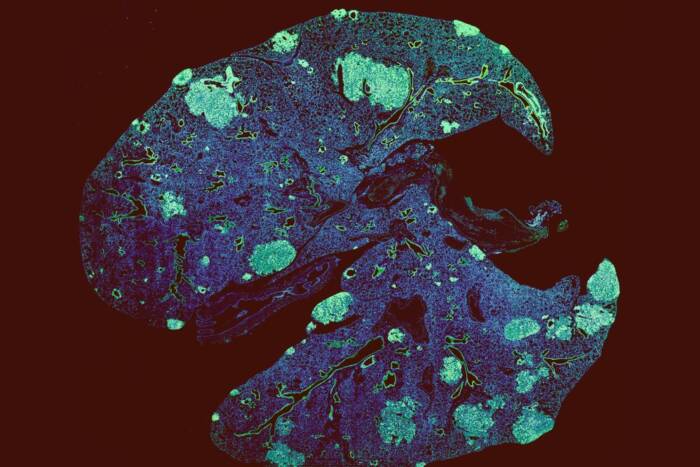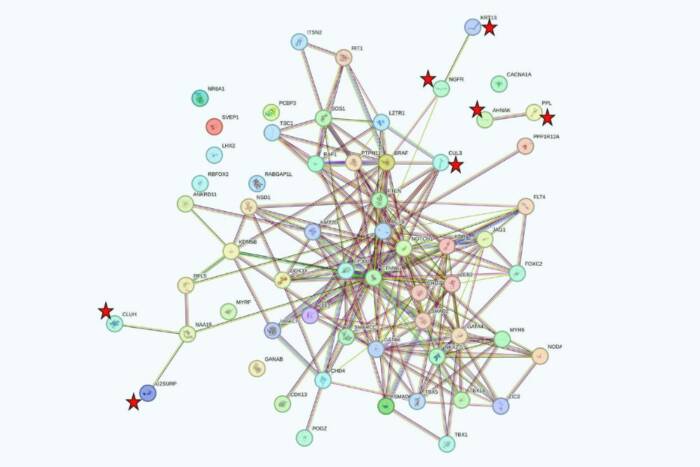Torsten Wiesel receives National Medal of Science
Rockefeller University President Emeritus Torsten N. Wiesel, who shared the 1981 Nobel Prize in Physiology or Medicine, is a recipient of the 2005 National Medal of Science, the White House announced Tuesday. Established by Congress in 1959 and administered by the National Science Foundation, the medal is the nation’s highest scientific honor.
Wiesel, who served as university president from 1992 until his retirement in 1998, shared the Nobel Prize with his long-time associate, David H. Hubel of the Harvard Medical School, for their studies of how visual information is transmitted through a complex network of nerve fibers from the eye’s light-sensitive inner lining, the retina, to the brain. Outside the lab, Wiesel has been a tireless advocate for human rights, particularly on behalf of persecuted scientists and physicians around the world.
“Torsten’s seminal work with David Hubel revealed how the cerebral cortex is organized at the cellular level, and their research led not only to a better understanding of how we perceive the world but also to improved therapies for children born with certain vision disorders,” says Paul Nurse, president of the university. “I am proud that Torsten’s scientific accomplishments, along with his support for human rights, have been recognized with this prestigious honor.”
Wiesel joined Rockefeller in 1983 as the Vincent and Brooke Astor Professor and head of the Laboratory of Neurobiology. Prior to that, he held academic positions at the Karolinska Institute in Sweden, Johns Hopkins School of Medicine and Harvard Medical School, where he was chairman of the department of neurobiology and Robert Winthrop Professor. He is the founding director of the Shelby White and Leon Levy Center for Mind, Brain and Behavior at Rockefeller.
A past president of the International Brain Research Organization, Wiesel serves as secretary-general of the Human Frontier Science Program. He is a former chairman of the board and honorary life governor at the New York Academy of Sciences, a member of the American Philosophical Society and the American Academy of Arts and Sciences, as well as a foreign member of the Royal Society. Also a member of the National Academy of Sciences and a senior member of its Institute of Medicine, Wiesel received the 2005 David Rall Medal in recognition of his distinguished leadership of the Academy’s Committee on Human Rights, which he chaired from 1994 to 2004.
In addition to the Nobel Prize and the National Medal of Science, Wiesel has received the Dr. Jules C. Stein Award presented by the Trustees for Research to Prevent Blindness, the Ledlie Prize from Harvard, Columbia University’s Louisa Gross Horwitz Prize, the Gerard Prize of the Society for Neuroscience, the Scientific Achievement Award from the National Eye Institute, and the Helen Keller Prize for Vision Research.
Wiesel is the thirteenth Rockefeller scientist to receive the medal.


